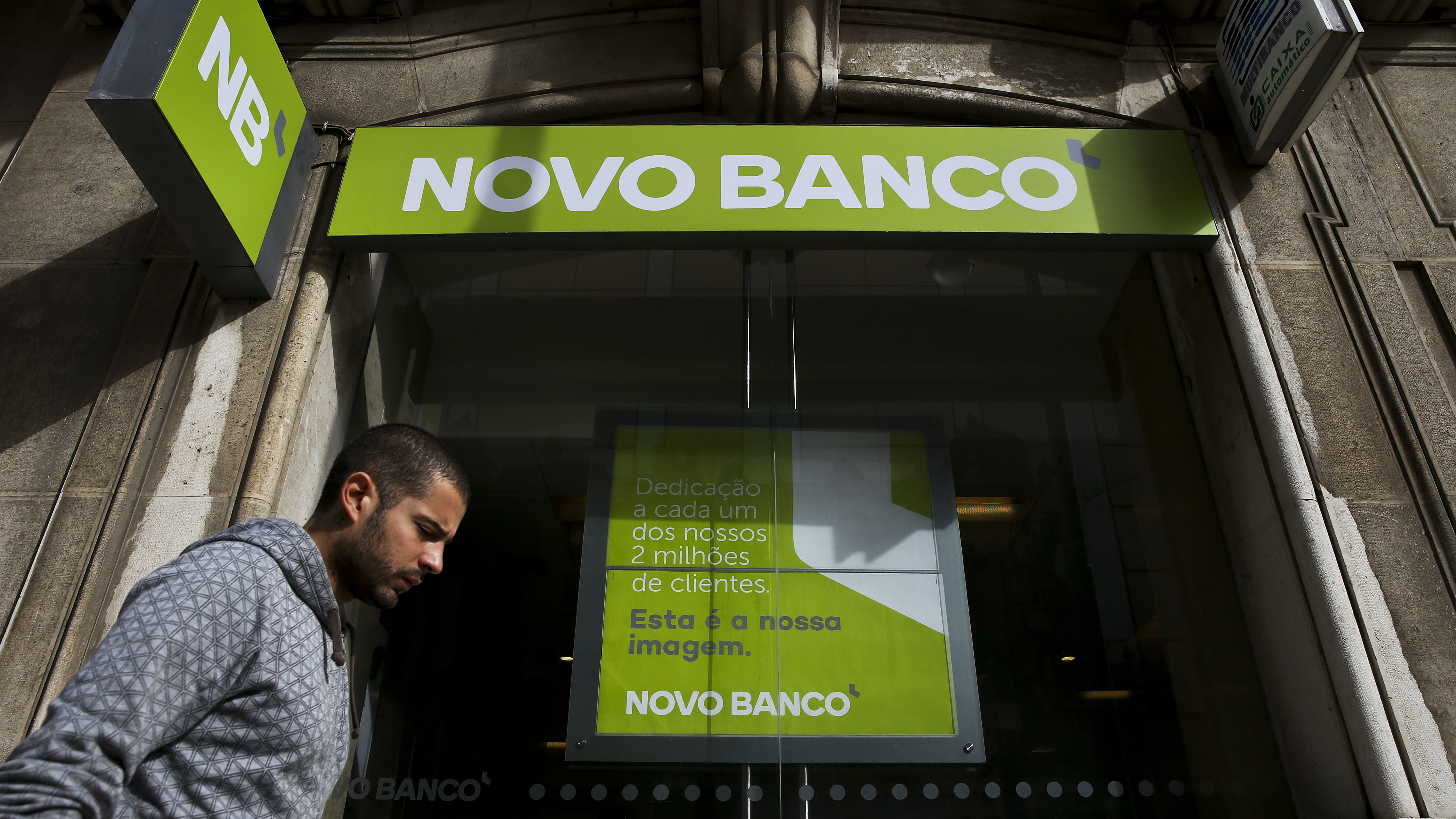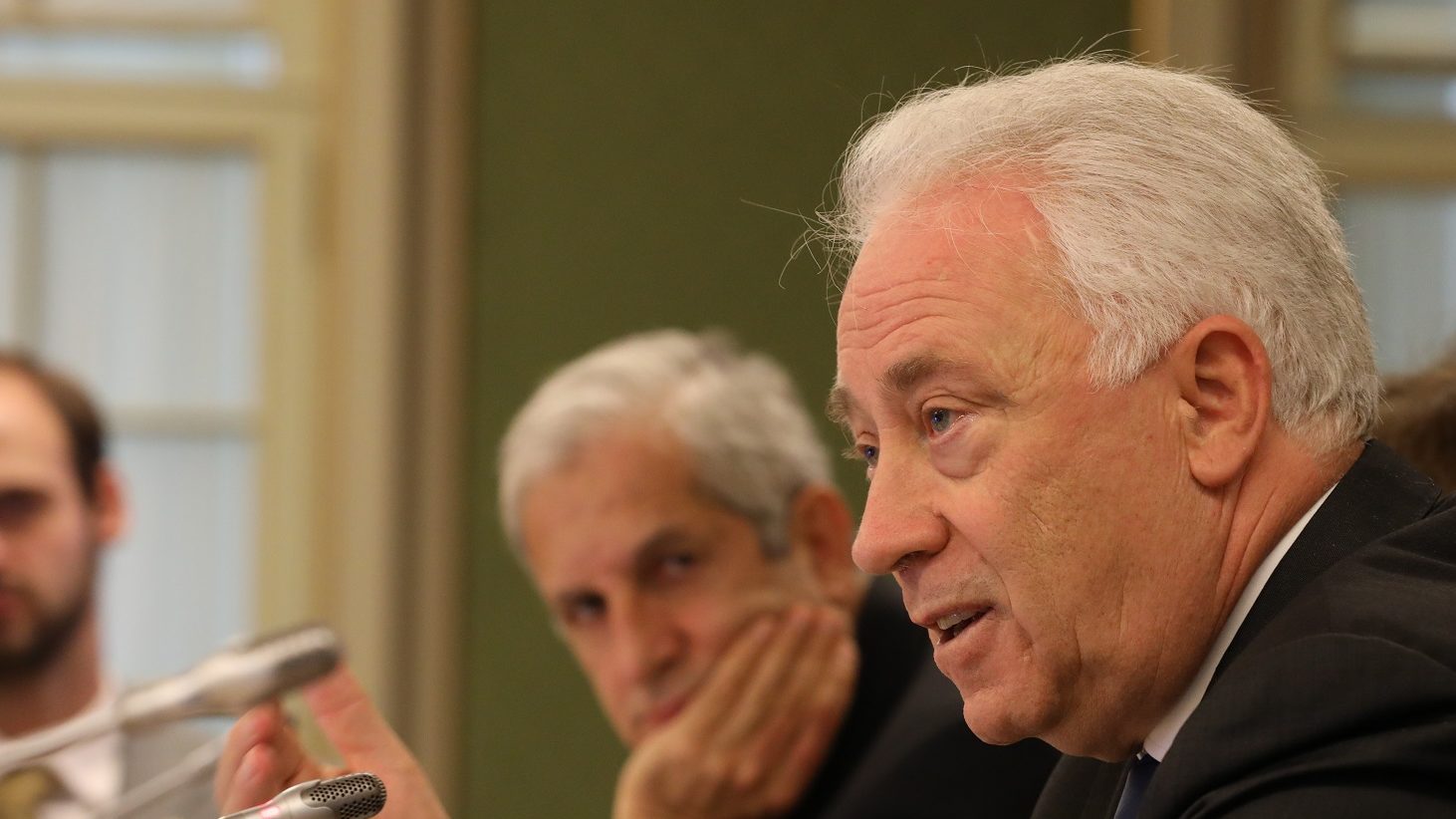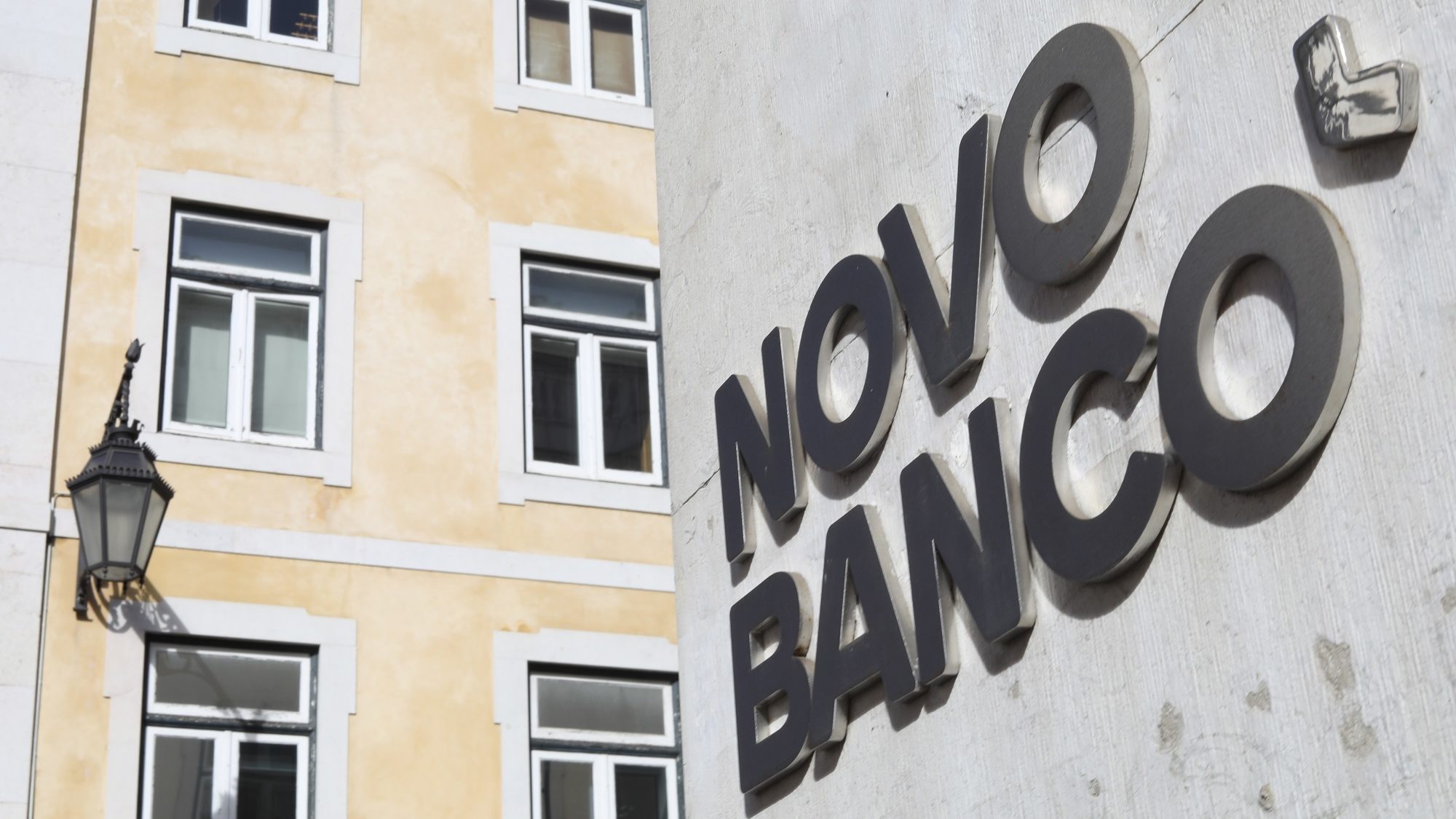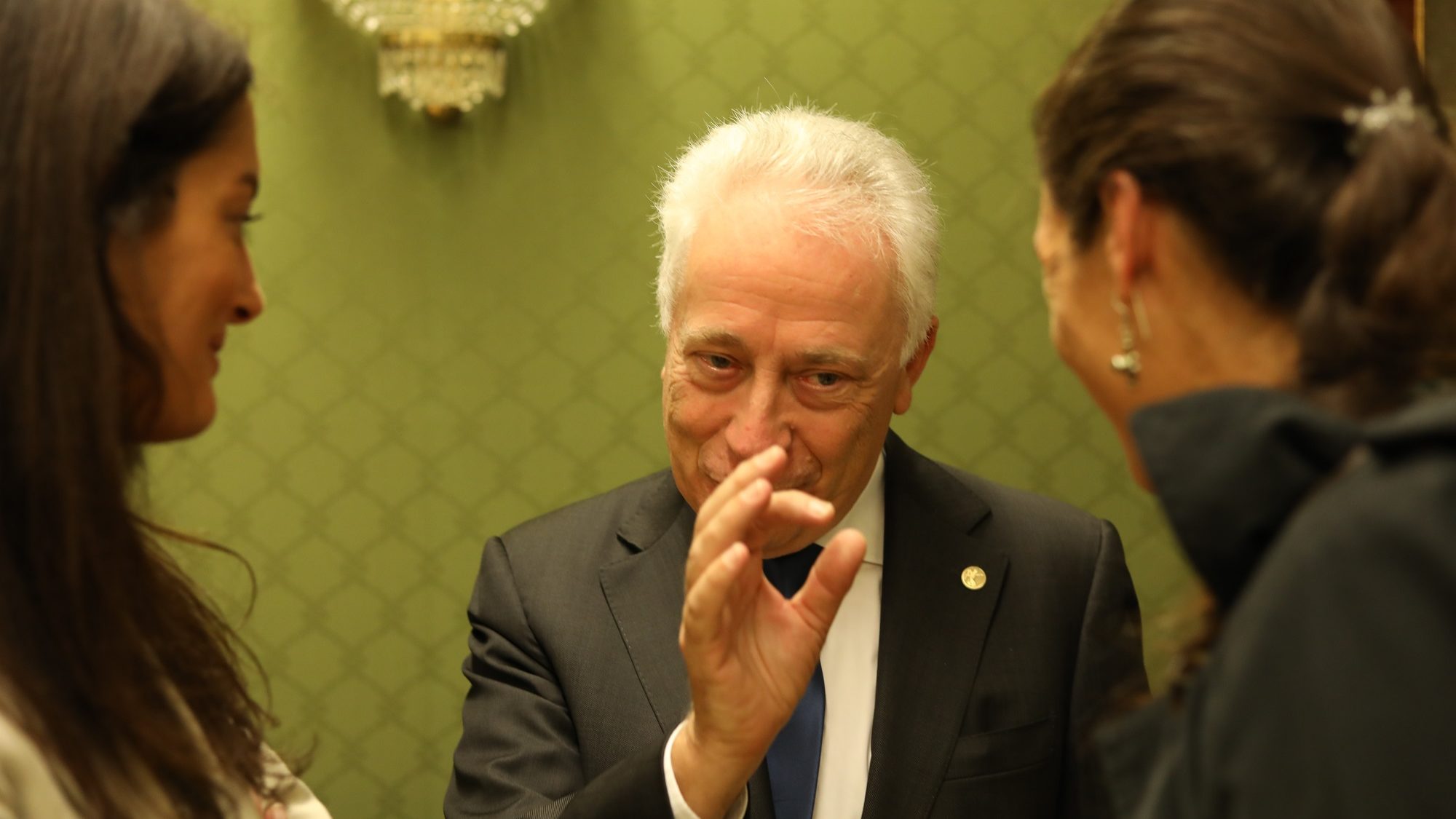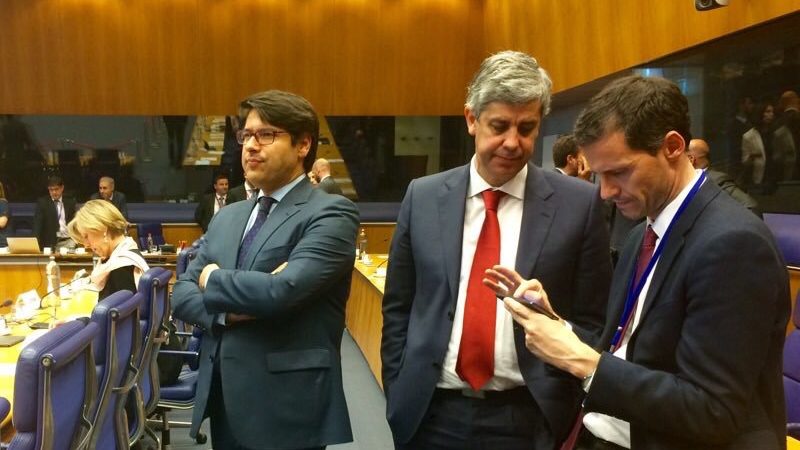Brussels against State’s equity stake in Novo Banco
The Portuguese Government is negotiating with Brussels the sale model of Novo Banco to Lone Star, as well as the State's equity stake in the bank, of 25%. Brussels is against this solution.

The European Directorate General for Competition, as matter of principle, is against maintaining an equity stake from the State — even if it is a minority stake — in Novo Banco, within the sale agreement to Lone Star, ECO discovered. DGComp raises unexpected difficulties in the exclusive agreement made with the North-American fund, which was almost concluded.
As ECO disclosed first-hand, the Government’s proposal was for the Portuguese State to have a 25% equity along with Lone Star, in order to share the risk with the private investor. To make that operation viable, negotiation have to be pursued both with Eurostat, due to the way in which it accounts for that equity in public accounts, and with DGComp, the entity which monitors State’s aids and European competition.
“Although it is not fully definite, DGComp is, as matter of principle, against this model; nonetheless, it was never said to be impossible”, states a source close to the negotiations. Yet, when contacted by ECO, the Ministry of Finance denies Brussels has made any negative formal decision, adding no further information. During the press conference in which Mário Centeno explained the 2016 deficit, he merely stated, because negotiations are still ongoing: “We believe an agreement can be reached”. When officially confronted by ECO, a source from DGComp answers: “The sale process is happening and it is managed by Portuguese authorities; the Commission is having a constructive dialogue with the Portuguese authorities about Novo Banco“.
If the European Competition maintains its position of principle and refuses the Government’s proposal, the only solution is to have additional quid pro quos from Novo Banco. Lone Star aims to renegotiate those quid pro quos in order to comply with its own business plan, because those additional quid pro quos are not neutral and could jeopardize the business model which makes the operation viable for Lone Star itself.
ECO knows the Government has been defending that the public stake in NB could be sold if the State exclusively decides to do so and, therefore, that would be the necessary requirement to avoid new demands. The problem is that, at least for now, DGComp does not believe this term of the agreement is enough. In fact, ECO knows that Lone Star demanded that the State maintained a 25% stake for the minimal period identical to that imposed to the fund, but Centeno rejects that solution.
